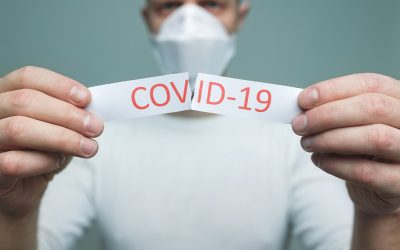The Illinois Supreme Court struck down the eavesdropping law that sent an Illinois citizen to prison for recording a telephone conversation with a court-reporter supervisor without the latter’s consent, and posting it on her website. As she could not make bail, she had to spend 20 months in jail under the eavesdropping law, which has now been declared unconstitutional. The court directed lawmakers to craft a new law that prevents only the recording and publishing of communications if they involve a reasonable expectation of privacy.
According to the opinion released by the Supreme Court on March 20, 2014, the statute is too broad, given the legislative purpose of protecting conversational privacy. The court said it violates the First Amendment of the United States Constitution that protects the freedom of expression. During the trial, the accused woman’s attorney argued that the Illinois law gives government officials and public actors unilateral and unrestricted right to deny Illinois press or citizens the right to record, collect and spread information about the government, which is the clear violation of the First Amendment. The main purpose of the First Amendment is to protect unrestricted discussion of the workings of government. The important things noted by the Supreme Court are:
- The law had held that a person commits an eavesdropping offence when he/she uses an eavesdropping device for the purpose of hearing or recording all or any part of any conversation or intercepts, retains, or transcribes electronic communication without the consent of all of the parties involved in such a conversation or electronic communication. This criminalizes the recording of conversations that cannot be considered as private (for example, fans yelling at an athletic event or loud arguments in the street). Though such conversations do not implicate privacy interests, the law makes it a crime to record them.
- The statue did not distinguish between open and covert recording of conversations carried out in private.
The court also struck down a separate provision that criminalizes publication of any recording made on a cellphone or similar devices without permission.
In 2012, the American Civil Liberties Union challenged the eavesdropping law when it planned to make audiovisual recordings in a “police accountability” program. A Chicago-based federal appeals court prevented prosecutors from using Illinois eavesdropping law against making audio recordings of police performing their duties in public. The opinion released by the court held that the law was unconstitutional as it restricted far more speech than necessary to protect legitimate privacy interests.
The Supreme Court’s decision does not prevent organizations from maintaining polices that prohibit the recording and publishing audio communications. For example, universities and professors can insist the student should seek permission for recording lectures for their research so as to protect legitimate copyright interests in such materials. Employers can make privacy policies (though consult legal counsel before making such a policy) that prohibit employees from recording meetings. So, if you are transcribing the audio recordings on your own or opting for legal transcription services, make sure the transcription of such recordings is compliant with security and confidentially protocols.



